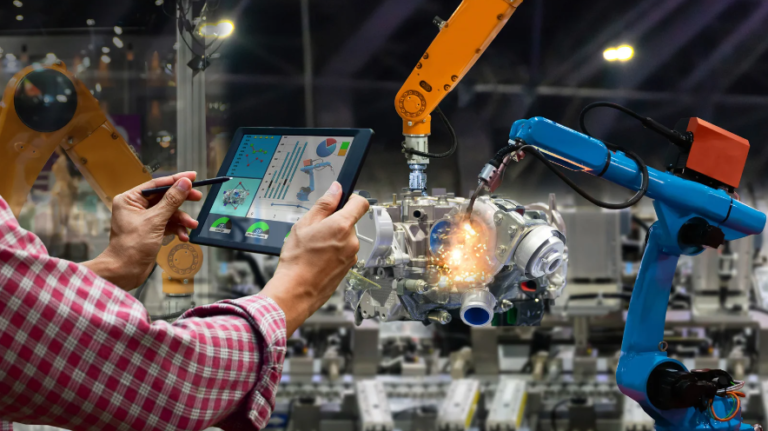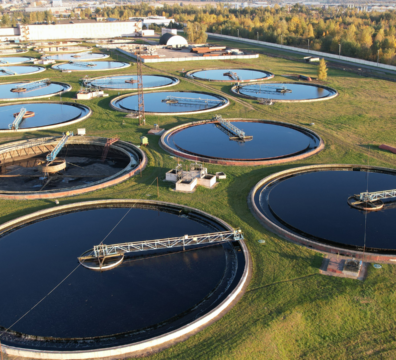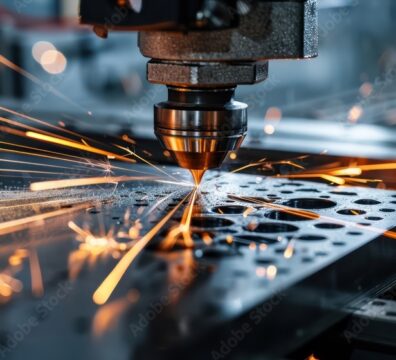Quality assessment methodologies are evolving in response to Industry 4.0, driven by the convergence of digital technologies and traditional production processes. The assessment and assurance of manufacturing quality stands out as a crucial element that can determine the success or failure of modern industrial operations.
For business and IT decision-makers in the manufacturing sector, there are strategies, challenges, and opportunities that come with implementing advanced quality assessment systems in a smart manufacturing environment.
The Shifting Paradigm of Quality Assessment in Industry 4.0
Quality assessment in manufacturing has traditionally relied on manual inspections, periodic testing, and post-production audits. However, the advent of Industry 4.0 is driving a shift towards more integrated, real-time, and data-driven approaches. This shift is not just about adopting new tools but about rethinking how quality is defined, measured, and maintained throughout the production process.
In the Industry 4.0 context, quality assessment is increasingly intertwined with other aspects of the production lifecycle, such as design, supply chain management and customer feedback loops. This holistic approach to quality requires manufacturers to leverage a wide range of technologies, including the Internet of Things (IoT), big data analytics, artificial intelligence (AI), and cyber-physical systems (CPS). These technologies enable the continuous monitoring of production processes, real-time detection of anomalies, and predictive maintenance, all of which contribute to higher quality standards and reduced defect rates.
The Role of Data and Analytics in Enhancing Quality Treatment
At the heart of this new approach to quality assessment is the ability to collect, analyse, and act on vast amounts of data generated by modern manufacturing systems. In an Industry 4.0 environment, every aspect of the production process can be instrumented and monitored, generating data that can be used to gain deeper insights into quality performance.
This all underscores the importance of big data analytics in identifying patterns and correlations that might not be evident through traditional quality control methods. For example, by analysing data from sensors embedded in production equipment, manufacturers can detect subtle shifts in operating conditions that may lead to quality issues. This allows for proactive interventions before defects occur, reducing waste and improving overall efficiency.
Moreover, the integration of AI and machine learning into quality assessment processes is a game-changer for manufacturers. These technologies can analyse historical data to build predictive models that anticipate quality problems before they arise. For instance, machine learning algorithms can be trained to recognise the early signs of equipment wear and tear, enabling maintenance to be scheduled at the optimal time, thus preventing breakdowns that could compromise product quality.
However, while the benefits of Industry 4.0 quality assessment are clear, advanced quality assessment will only be effective it can handle the enormous volumes of data generated by IoT devices and other sensors. This includes not only data storage and processing capabilities but also the ability to transmit data in real-time across the factory floor and beyond.
How to start implementing Quality Assessment in manufacturing
Quality assessment is no longer the sole responsibility of the quality control department; it involves cross-functional collaboration and contributions from IT, operations, and even suppliers and customers. A phased approach, that builds collaboration across these functions, can ensure that quality is embedded throughout the production process and that everyone is aligned on the goals and objectives of the quality program.
But this is only just the beginning. The future of quality assessment in manufacturing will be characterised by even greater levels of integration and automation. As AI and machine learning algorithms become more sophisticated, they will play an increasingly central role in monitoring and controlling quality in real-time. Advances in IoT and edge computing will enable manufacturers to capture and process data closer to the source, reducing latency and improving the speed of decision-making.
Envision a future where quality assessment is not just about detecting and correcting defects but about driving continuous improvement across the entire value chain. By leveraging the full potential of Industry 4.0 technologies, manufacturers can move towards a state of near-zero defects, where quality issues are anticipated and addressed before they can impact production.
For manufacturers, the message is clear: the time to embrace Industry 4.0 quality assessment is now. By investing in the right technologies, infrastructure, and skills, businesses can not only improve the quality of their products but also gain a significant competitive advantage in an increasingly complex and demanding market.
Read the research: Manufacturing quality assessment in the industry 4.0 era: a review
















